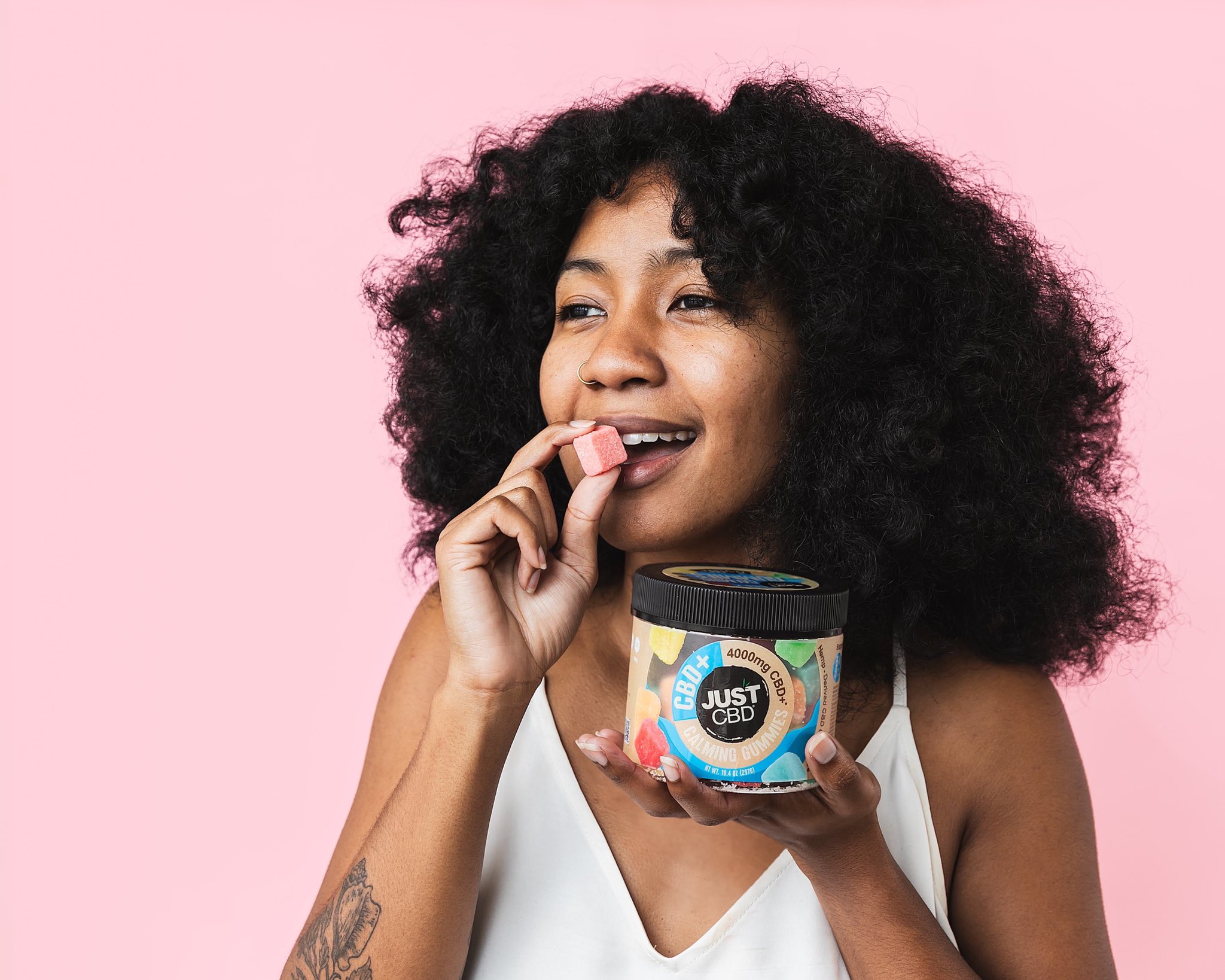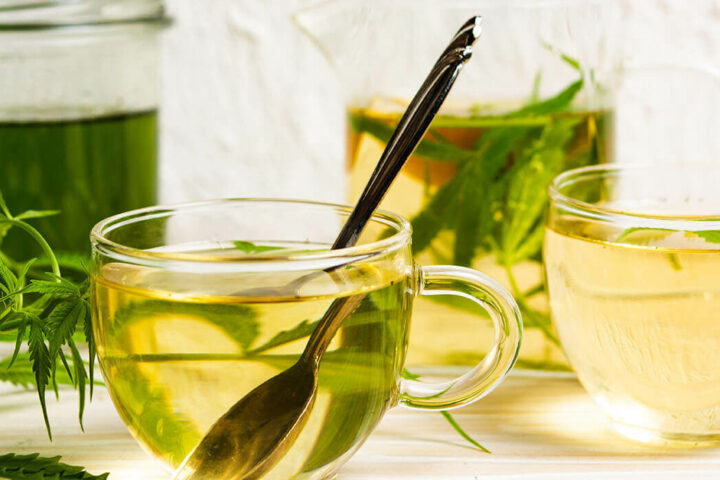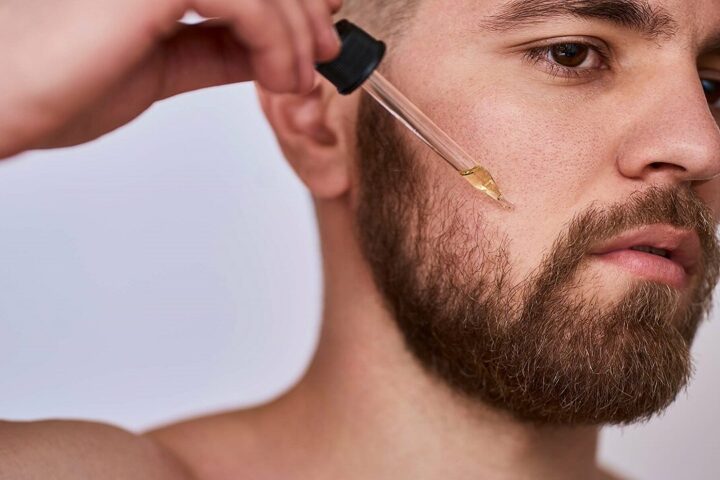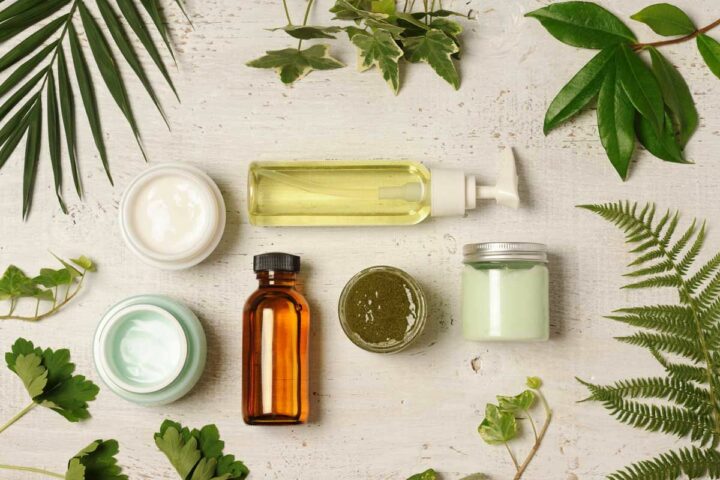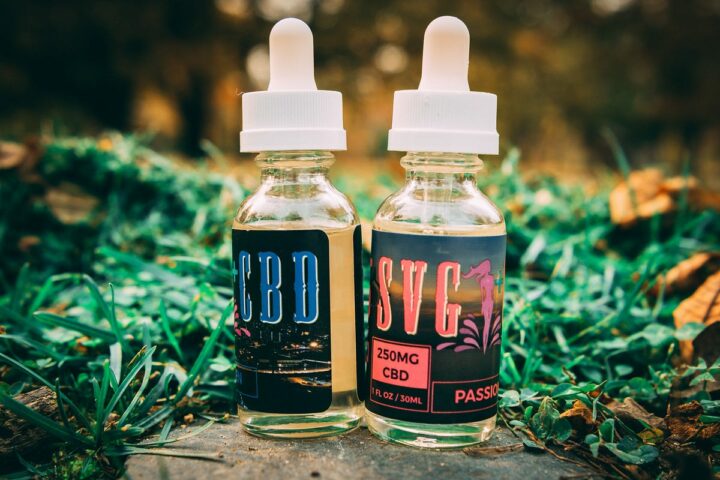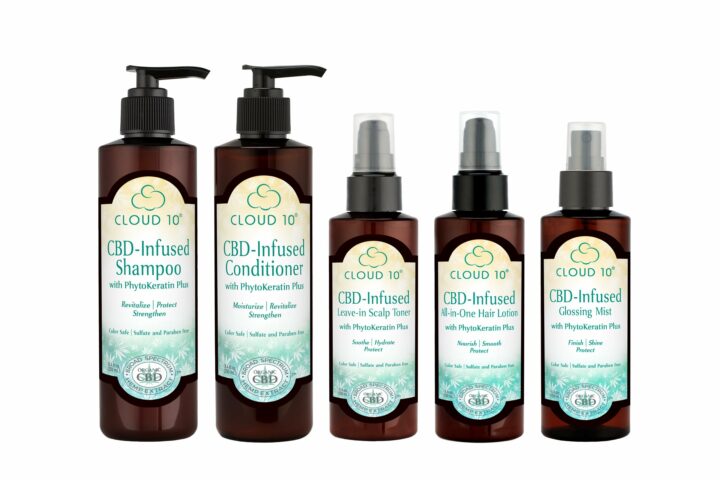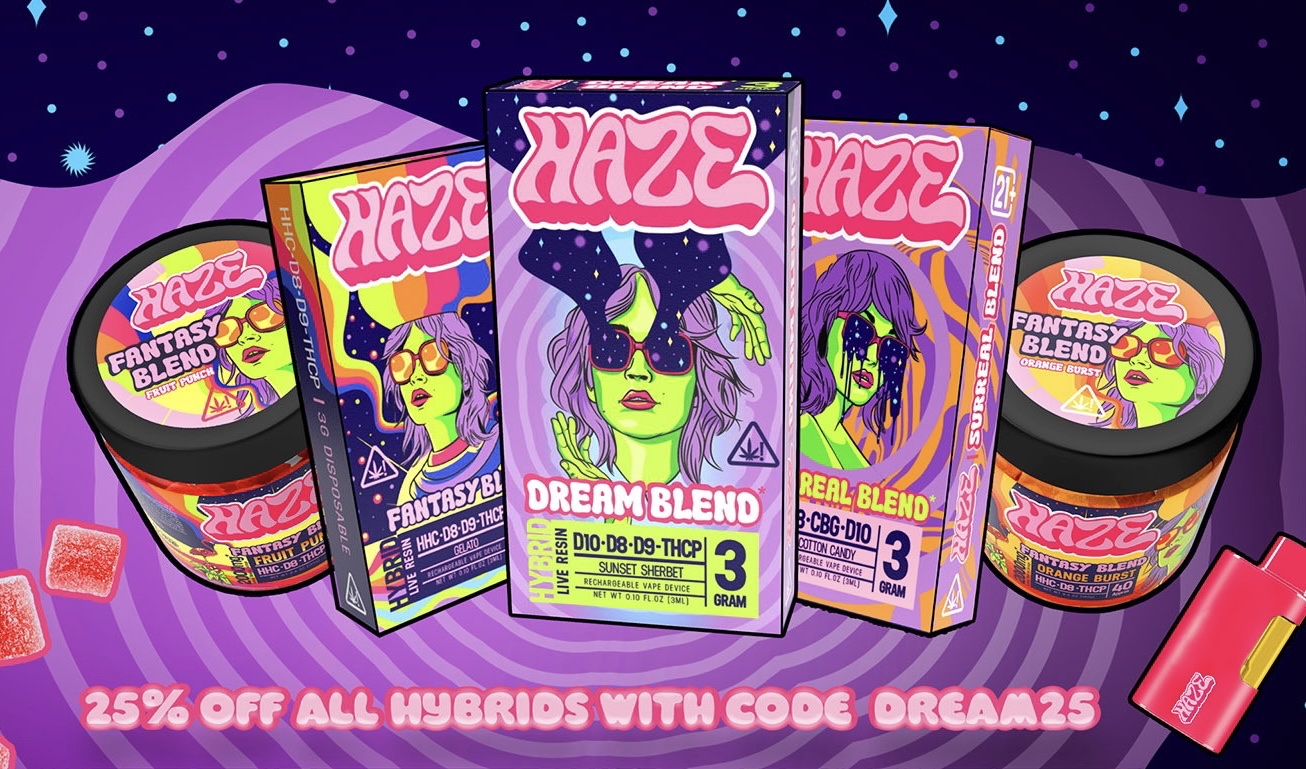CBD Paste
What is CBD Paste
CBD paste is a concentrated form of cannabidiol (CBD) that is commonly used for its potential health benefits. It is made by extracting CBD from the hemp plant using various methods, including CO2 extraction or solvent-based extraction. The resulting extract is then mixed with a carrier oil or wax to create a paste-like consistency.
CBD paste can vary in potency, with some products containing up to 80% CBD. This high concentration of CBD makes it a popular choice for people who want a strong dose of CBD in a small amount of product.
Benefits of CBD Paste
CBD paste is believed to offer a range of potential health benefits, which may include:
- Pain relief: CBD is believed to have anti-inflammatory properties, which can help to reduce pain and inflammation in the body.
- Anxiety and depression: CBD has been shown to have potential anti-anxiety and antidepressant effects, which may help to reduce symptoms of anxiety and depression.
- Sleep: CBD has been shown to improve sleep quality and reduce insomnia in some people.
- Epilepsy: CBD is an active ingredient in the drug Epidiolex, which has been approved by the U.S. Food and Drug Administration (FDA) for the treatment of seizures associated with two rare and severe forms of epilepsy.
- Neuroprotective properties: CBD may have neuroprotective properties, which means it may help to protect the brain from damage and reduce the risk of neurodegenerative diseases.
How to Use CBD Paste
CBD paste can be used in a variety of ways, including:
- Sublingually: The most common way to use CBD paste is to apply a small amount under the tongue and hold it there for 60-90 seconds before swallowing. This allows the CBD to be absorbed directly into the bloodstream, providing fast-acting effects.
- Topically: CBD paste can also be applied topically to the skin, where it may help to reduce pain and inflammation.
- Ingestion: CBD paste can be mixed with food or drinks and ingested orally.
- Vaping: Some CBD pastes are suitable for use with a vaporizer or e-cigarette.
Conclusion
CBD paste is a concentrated form of CBD that is believed to offer a range of potential health benefits, including pain relief, anxiety and depression reduction, improved sleep quality, and neuroprotective properties. It can be used sublingually, topically, ingested orally, or vaped. As with any CBD product, it is important to choose a high-quality product from a reputable source and to consult with a healthcare professional before use.
How to use CBD Paste
CBD paste is a highly concentrated form of cannabidiol that is becoming increasingly popular as a natural remedy for a range of ailments. CBD paste can be used in various ways, and the method of use will depend on your individual needs and preferences. Here is a comprehensive guide on how to use CBD paste:
Determine Your Dosage
Before using CBD paste, it is important to determine the appropriate dosage for your individual needs. The ideal dosage will depend on factors such as your weight, age, and the severity of your symptoms. It is always recommended to start with a low dosage and gradually increase it until you find the optimal dosage that works for you. The recommended dosage for CBD paste typically ranges from a rice grain-sized amount to a pea-sized amount, depending on the potency of the product.
Sublingual Use
One of the most common ways to use CBD paste is to apply it sublingually, which involves placing a small amount of paste under the tongue and holding it there for 60-90 seconds before swallowing. This method allows for fast-acting effects, as the CBD is absorbed directly into the bloodstream through the mucous membranes under the tongue. To use CBD paste sublingually, follow these steps:
- Squeeze a small amount of paste onto your finger or a spoon.
- Place the paste under your tongue.
- Hold the paste under your tongue for 60-90 seconds.
- Swallow the paste.
Topical Use
CBD paste can also be applied topically to the skin, where it may help to reduce pain and inflammation. To use CBD paste topically, follow these steps:
- Squeeze a small amount of paste onto your finger or a spoon.
- Rub the paste onto the affected area.
- Massage the paste into the skin until it is fully absorbed.
Ingestion
CBD paste can also be ingested orally, although this method is less common than sublingual use. To ingest CBD paste, follow these steps:
- Squeeze a small amount of paste onto your finger or a spoon.
- Swallow the paste.
- Wash it down with water or another beverage.
Vaping
Some CBD pastes are suitable for use with a vaporizer or e-cigarette. To use CBD paste for vaping, follow the manufacturer’s instructions for your specific device.
Conclusion
CBD paste is a highly concentrated form of cannabidiol that can be used in various ways. Sublingual use is the most common method, but it can also be used topically, ingested orally, or vaped. As with any CBD product, it is important to choose a high-quality product from a reputable source and to consult with a healthcare professional before use.
CBD Paste Dosing
CBD paste is a highly concentrated form of cannabidiol that is becoming increasingly popular as a natural remedy for a range of ailments. The dosage for CBD paste can vary depending on factors such as the potency of the product, the individual’s body weight, and the severity of their symptoms. Here is a comprehensive guide on CBD paste dosing:
Start with a Low Dose
It is always recommended to start with a low dose of CBD paste and gradually increase it until you find the optimal dosage that works for you. This approach can help you avoid any potential side effects and ensure that you are using the minimum effective dose.
Check the Product’s Potency
CBD paste can come in varying potencies, so it is important to check the label to determine the concentration of CBD per gram or milliliter. This information will help you calculate the appropriate dosage.
Calculate the Dosage
The appropriate dosage of CBD paste will depend on factors such as body weight, individual tolerance, and the severity of symptoms. As a general rule, a starting dosage of 1 to 2 milligrams of CBD per kilogram of body weight per day is recommended. For example, if you weigh 70 kilograms, your starting dosage would be between 70 to 140 milligrams of CBD per day.
Increase Gradually
If you do not experience any side effects, you can gradually increase the dosage until you find the optimal dosage that works for you. It is important to increase the dosage gradually and monitor your body’s response to avoid any potential side effects.
Consider Individual Factors
Individual factors such as age, metabolism, and the severity of symptoms can also affect the appropriate dosage of CBD paste. Some people may require higher dosages to achieve the desired effects, while others may need lower dosages. It is important to consult with a healthcare professional to determine the appropriate dosage for your individual needs.
Conclusion
CBD paste is a highly concentrated form of cannabidiol that can provide a range of health benefits. When using CBD paste, it is important to start with a low dosage, gradually increase the dosage as needed, and consider individual factors such as body weight and the severity of symptoms. It is also important to choose a high-quality product from a reputable source and to consult with a healthcare professional before use. By following these guidelines, you can ensure that you are using CBD paste safely and effectively.
Benefits of CBD Paste
CBD paste is a highly concentrated form of cannabidiol that is becoming increasingly popular as a natural remedy for a range of ailments. Here are some of the potential benefits of CBD paste:
Pain Relief
CBD has been shown to have analgesic properties that can help to reduce pain and inflammation. CBD paste can be applied topically to the affected area or ingested orally to provide relief from chronic pain conditions such as arthritis, fibromyalgia, and neuropathy.
Anxiety and Depression
CBD has been shown to have anxiolytic and antidepressant effects that can help to reduce symptoms of anxiety and depression. CBD paste can be used as a natural remedy to manage symptoms of anxiety and depression without the side effects of prescription medication.
Epilepsy
CBD has been shown to have anticonvulsant properties that can help to reduce the frequency and severity of seizures in people with epilepsy. In fact, the FDA has approved a CBD-based drug called Epidiolex for the treatment of certain types of epilepsy.
Sleep Disorders
CBD has been shown to have sedative properties that can help to improve sleep quality and duration. CBD paste can be used as a natural remedy to manage sleep disorders such as insomnia and sleep apnea.
Skin Conditions
CBD has been shown to have anti-inflammatory properties that can help to reduce symptoms of skin conditions such as eczema and psoriasis. CBD paste can be applied topically to the affected area to provide relief from itching, inflammation, and redness.
Cancer
CBD has been shown to have antitumor effects that can help to slow the growth and spread of cancer cells. CBD paste can be used as a complementary therapy to support conventional cancer treatments such as chemotherapy and radiation.
Conclusion
CBD paste is a highly concentrated form of cannabidiol that can provide a range of potential health benefits. From pain relief to anxiety and depression management, CBD paste can be used as a natural remedy to improve overall health and well-being. It is important to choose a high-quality product from a reputable source and to consult with a healthcare professional before use. By following these guidelines, you can ensure that you are using CBD paste safely and effectively.
Legality of CBD in the UK
Cannabidiol (CBD) is a non-psychoactive compound found in the cannabis plant that has become increasingly popular as a natural remedy for a range of health conditions. In the UK, the legal status of CBD is somewhat complex and can be confusing. Here is a comprehensive guide on the legality of CBD in the UK:
CBD is Not a Controlled Substance
CBD is not a controlled substance under the Misuse of Drugs Act 1971, which means that it is legal to possess and use in the UK. However, the legal status of CBD can be influenced by the source of the CBD and the amount of THC (tetrahydrocannabinol) present in the product.
Hemp-derived CBD is Legal
CBD derived from hemp is legal in the UK as long as it contains less than 0.2% THC. Hemp is a strain of the cannabis plant that contains very low levels of THC and is used to produce CBD products. Hemp-derived CBD products are widely available in the UK and can be purchased online or in stores.
Cannabis-derived CBD is Subject to Restrictions
CBD derived from cannabis plants that contain more than 0.2% THC is considered a controlled substance and is subject to restrictions under the Misuse of Drugs Act 1971. Cannabis-derived CBD products can only be prescribed by a healthcare professional for specific medical conditions such as epilepsy.
THC is Illegal
THC is a psychoactive compound found in the cannabis plant that is responsible for the “high” associated with cannabis use. THC is a controlled substance under the Misuse of Drugs Act 1971 and is illegal to possess, use, or sell in the UK.
Regulations for CBD Products
CBD products sold in the UK must comply with certain regulations to ensure their safety and quality. These regulations include:
- CBD products must be labeled accurately and must not make any misleading claims about their effectiveness or benefits.
- CBD products must be produced in compliance with Good Manufacturing Practice (GMP) standards to ensure their safety and quality.
- CBD products must be tested by a third-party laboratory to ensure their potency and purity.
Conclusion
CBD is legal in the UK as long as it is derived from hemp and contains less than 0.2% THC. Cannabis-derived CBD is subject to restrictions and can only be prescribed by a healthcare professional for specific medical conditions. It is important to choose a high-quality CBD product from a reputable source and to ensure that the product complies with UK regulations. By following these guidelines, you can ensure that you are using CBD safely and legally in the UK.
FAQs – CBD Paste
What is CBD paste used for?
CBD paste is a concentrated form of CBD that is typically used for various purposes. It can be taken orally by placing a small amount under the tongue or added to food and beverages. CBD paste is commonly used to promote relaxation, reduce anxiety and stress, alleviate pain and inflammation, and improve overall well-being. It is also favored by some individuals who prefer a higher potency CBD product. The paste’s thick consistency allows for precise dosing, making it suitable for those who want to customize their CBD intake. Additionally, CBD paste may contain other beneficial compounds found in hemp, such as terpenes and cannabinoids, which can enhance the therapeutic effects of CBD.
What are the side effects of CBD paste?
While CBD paste is generally well-tolerated, some individuals may experience mild side effects. These side effects can include dry mouth, drowsiness, fatigue, changes in appetite, and gastrointestinal issues like diarrhea. It’s important to note that these side effects are typically mild and temporary. Additionally, CBD paste may interact with certain medications, so it’s advisable to consult with a healthcare professional before using it, especially if you’re taking any prescription medications. It’s also worth mentioning that CBD paste derived from hemp should contain less than 0.3% THC, which is not enough to produce intoxicating effects. However, if you’re using CBD paste made from marijuana with higher THC levels, it may lead to psychoactive effects.
Is CBD paste or oil better?
The choice between CBD paste and oil depends on personal preference and desired application method. CBD paste is a concentrated form of CBD that typically contains other beneficial compounds from the hemp plant, such as terpenes and cannabinoids. It is often used sublingually, allowing for faster absorption into the bloodstream. On the other hand, CBD oil is more commonly available and can be taken sublingually, mixed with food or beverages, or applied topically. CBD oil offers versatility in dosing and usage, and it comes in various concentrations. Both CBD paste and oil can provide the potential benefits of CBD, so it’s a matter of individual preference and desired method of administration.
How often should I take CBD paste?
The frequency of CBD paste usage can vary depending on individual needs and preferences. It’s generally recommended to start with a low dose and gradually increase until the desired effects are achieved. Some people may find that taking CBD paste once or twice a day is sufficient, while others may prefer more frequent use. It’s important to listen to your body and adjust the dosage and frequency as needed. Additionally, consulting with a healthcare professional can provide personalized guidance on the appropriate dosage and frequency of CBD paste for your specific situation.
Is it OK to consume CBD everyday?
CBD can generally be consumed daily without significant issues, as it is well-tolerated by most people. However, it’s important to note that individual responses may vary, and some people may experience mild side effects such as dry mouth, drowsiness, or changes in appetite. It’s also worth considering that long-term effects of daily CBD use are still being researched. If you plan to use CBD daily, it’s advisable to start with a low dosage and gradually increase as needed. Additionally, consulting with a healthcare professional can provide personalized guidance and ensure CBD is safe and suitable for your specific circumstances.
Is it healthy to use CBD everyday?
Using CBD every day can be considered generally safe for most people. CBD is well-tolerated by the body, and there is no evidence to suggest that daily use of CBD is harmful or detrimental to health. However, it’s important to note that individual responses may vary, and some people may experience mild side effects such as dry mouth, drowsiness, or changes in appetite. It’s also advisable to start with a low dosage and gradually increase as needed. If you have any specific health concerns or are taking other medications, it’s always a good idea to consult with a healthcare professional before incorporating CBD into your daily routine.
What are 3 benefits of CBD?
CBD, or cannabidiol, offers several potential benefits. Firstly, CBD has been found to have analgesic properties, which can help alleviate pain and inflammation. Secondly, CBD has shown promise in reducing anxiety and promoting relaxation, making it beneficial for those dealing with stress and anxiety disorders. Lastly, CBD may have neuroprotective properties and potential anti-seizure effects, making it a possible treatment option for epilepsy and other neurological conditions. It’s important to note that more research is needed to fully understand the extent of CBD’s benefits and its optimal uses.
What are the negatives of too much CBD?
While CBD is generally considered safe, consuming too much CBD can have potential negative effects. Some individuals may experience drowsiness, fatigue, or changes in appetite or weight. In rare cases, high doses of CBD can cause dry mouth, diarrhea, or nausea. Additionally, CBD may interact with certain medications, so it’s important to consult with a healthcare professional before using CBD if you’re taking other medications. It’s recommended to start with a low dose and gradually increase it as needed, monitoring how your body responds to find the right dosage for you.
How much CBD should a beginner start with?
For beginners, it’s generally recommended to start with a low dose of CBD and gradually increase it as needed. A typical starting dose for CBD oil is around 5-10 milligrams (mg) per day. This allows you to gauge how your body responds to CBD and assess any potential effects. It’s important to note that everyone’s body is different, and optimal dosages can vary based on factors such as body weight, metabolism, and the desired outcome. It’s always best to start low and gradually increase the dosage until you find the right amount that works for you. Consulting with a healthcare professional can also provide personalized guidance on CBD dosage.
Can I take CBD and drink alcohol?
While CBD and alcohol are both substances that affect the body, it’s generally considered safe to consume them together in moderation. CBD is not known to intensify the effects of alcohol or increase impairment. However, it’s important to note that everyone reacts differently, and individual responses may vary. It’s advisable to start with low doses of CBD and alcohol, especially if you’re unsure how they may interact with your body. Additionally, it’s always wise to consult with a healthcare professional for personalized advice, particularly if you have specific health concerns or are taking other medications.
How many hits of CBD for anxiety?
The number of hits or doses of CBD needed for anxiety relief can vary from person to person. There is no fixed number of hits that works for everyone. It’s best to start with a low dose and gradually increase it until you find the right amount that effectively manages your anxiety symptoms. It’s also important to consider factors such as the concentration of CBD in the product, your body weight, metabolism, and individual response to CBD. Consulting with a healthcare professional can provide personalized guidance on the appropriate dosage and frequency of CBD for your specific anxiety needs.
Is CBD a drug?
CBD (cannabidiol) is a naturally occurring compound found in the cannabis plant. While CBD is derived from cannabis, it is important to note that it is not considered a drug in the traditional sense. CBD does not have the same psychoactive effects as THC (tetrahydrocannabinol), which is the compound responsible for the “high” associated with marijuana. CBD is generally regarded as a dietary supplement or natural remedy rather than a drug. However, it’s important to note that the legal status of CBD varies by country and jurisdiction, and it is regulated differently in different places. It’s always advisable to check local laws and regulations regarding the use and sale of CBD products in your area.
Why is CBD illegal in UK?
CBD (cannabidiol) is not illegal in the UK if it meets certain conditions. In the UK, CBD products are legal if they contain less than 0.2% THC (tetrahydrocannabinol), which is the psychoactive component of cannabis. However, CBD products that make medicinal claims are subject to regulation and must be approved as medicines by the Medicines and Healthcare products Regulatory Agency (MHRA). The legal status of CBD in the UK is primarily influenced by its association with cannabis, which is classified as a controlled substance due to its psychoactive effects. While CBD itself is not considered psychoactive and does not produce a “high,” its association with cannabis has led to some confusion and regulatory challenges. Nonetheless, CBD products that comply with the legal requirements can be legally sold and purchased in the UK.
What drugs should not be taken with CBD UK?
If you are taking medications and considering using CBD, it is advisable to consult with a healthcare professional to discuss potential drug interactions. CBD can potentially interact with certain medications by affecting how they are metabolized in the body. Some medications that may have potential interactions with CBD include anticoagulants, antiepileptic drugs, certain antidepressants, and immunosuppressants, among others. CBD can inhibit the activity of certain enzymes in the liver that are responsible for metabolizing medications, which can lead to increased or decreased levels of these drugs in the body. It is important to consult with a healthcare professional who can provide personalized advice based on your specific medications and health condition.
Is CBD Legal in England?
Yes, CBD is legal in England. In the UK, CBD products are legal as long as they meet certain criteria. The CBD must be derived from an industrial hemp strain that is EU-approved and contains no more than 0.2% THC (tetrahydrocannabinol), which is the psychoactive compound found in cannabis. CBD products must also be properly labeled and advertised as a food supplement and not make any medicinal claims. It’s important to note that CBD products with higher THC content or those derived from cannabis strains are still classified as controlled substances and are not legal without a prescription. As regulations can evolve, it’s always recommended to stay updated on the latest laws and guidelines regarding CBD in England.
- Apple Gelato Weed Strain Information - May 2, 2024
- Sweet Tart Weed Strain Information - April 27, 2024
- Expert Guide to White Fire OG (WiFi OG) Weed Strain Information - April 20, 2024

